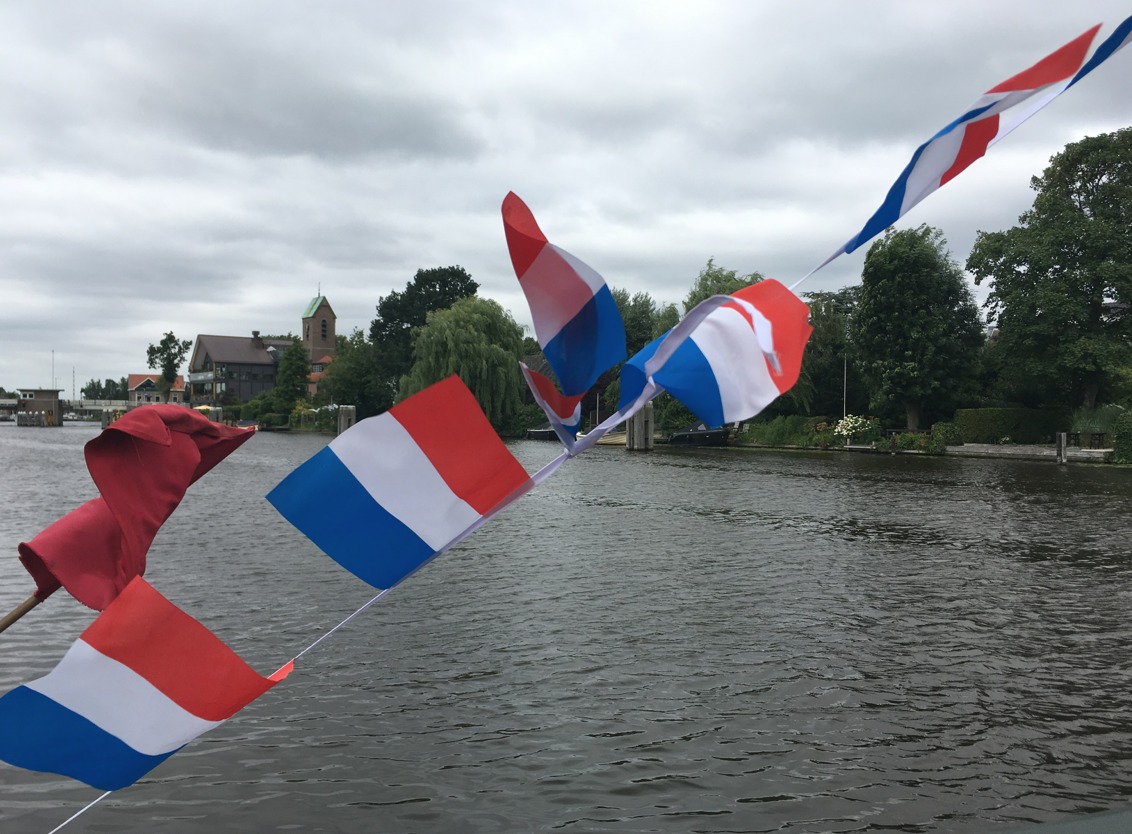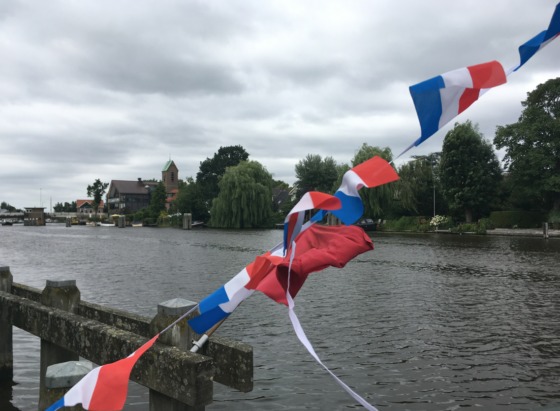Ministers press ahead with new integration system, call for speedy passage in parliament


Ministers have voted in favour of social affairs ministry plans to reform the current integration (inburgering) system and say hope the legislation will move through parliament quickly so it can be implemented in July 2021.
Since 2013 new migrants have been given a loan of €10,000 and have been expected to find their own Dutch language and citizenship classes.
However, social affairs minister Wouter Koolmees said in 2018 that the current ‘do it yourself’ approach to integration had failed and that local authorities would instead be given responsibility for integrating new migrants and refugees.
The plans involve giving councils budgets for language tuition to ease the burden on applicants and to stop fraudulent language schools. Councils will also have to devise an individual integration plan for everyone required to take the exams.
The government is also raising the level of language required for newcomers on the grounds that it improves their chances of finding work. ‘It would be best if they could combine language lessons with work or voluntary work,’ the ministry said. ‘This way everyone will be able fully participate in Dutch society as quickly as possible.’
Last November, the four big cities have called on Koolmees to put more money into the process, saying new rules on integration, involve shifting a lot of responsibility to local authorities. But ‘local’ should not be a synonym for ‘cheap’, the aldermen said.
Thank you for donating to DutchNews.nl.
We could not provide the Dutch News service, and keep it free of charge, without the generous support of our readers. Your donations allow us to report on issues you tell us matter, and provide you with a summary of the most important Dutch news each day.
Make a donation